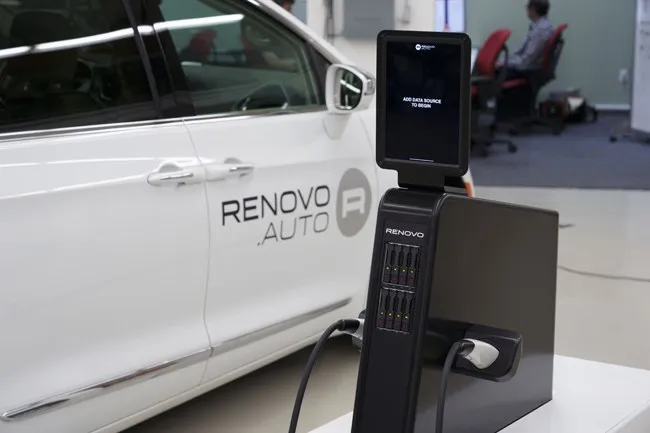
Speaking at the TaaS (Transportation as a Service) Conference in the UK city of Birmingham, Dennis Hamann, head of Europe at Renovo, says the Insight platform is targeted at the developers and data scientists in charge of “bringing these fleets to fruition”.
“There’s benefits of faster access to AV data, minimal error rates, complete traceability across an entire fleet and storage reduction,” he continues. “It is meant to work ubiquitously with or without our platforms across various vehicles.”
Insight is expected to streamline the ingestion, orchestration and sharing of the data, allowing developers to access advanced vehicle data more quickly. Hamann compared AV data to oil, saying that they both become more valuable once refined in a session called ‘AV Data is the New Oil’.
“This is all about extraction, refinement and giving it to the right people to make the right decisions,” he added.
Going forward, Hamann suggests that the opportunity for AV data can be improved upon by facilitating cooperation in a way that makes solutions “easier to deploy and more cost-effective”.
“Secondly, is to encourage new business models which provide use cases and one way of doing that is providing open industry-based tools and technologies,” he concluded.










